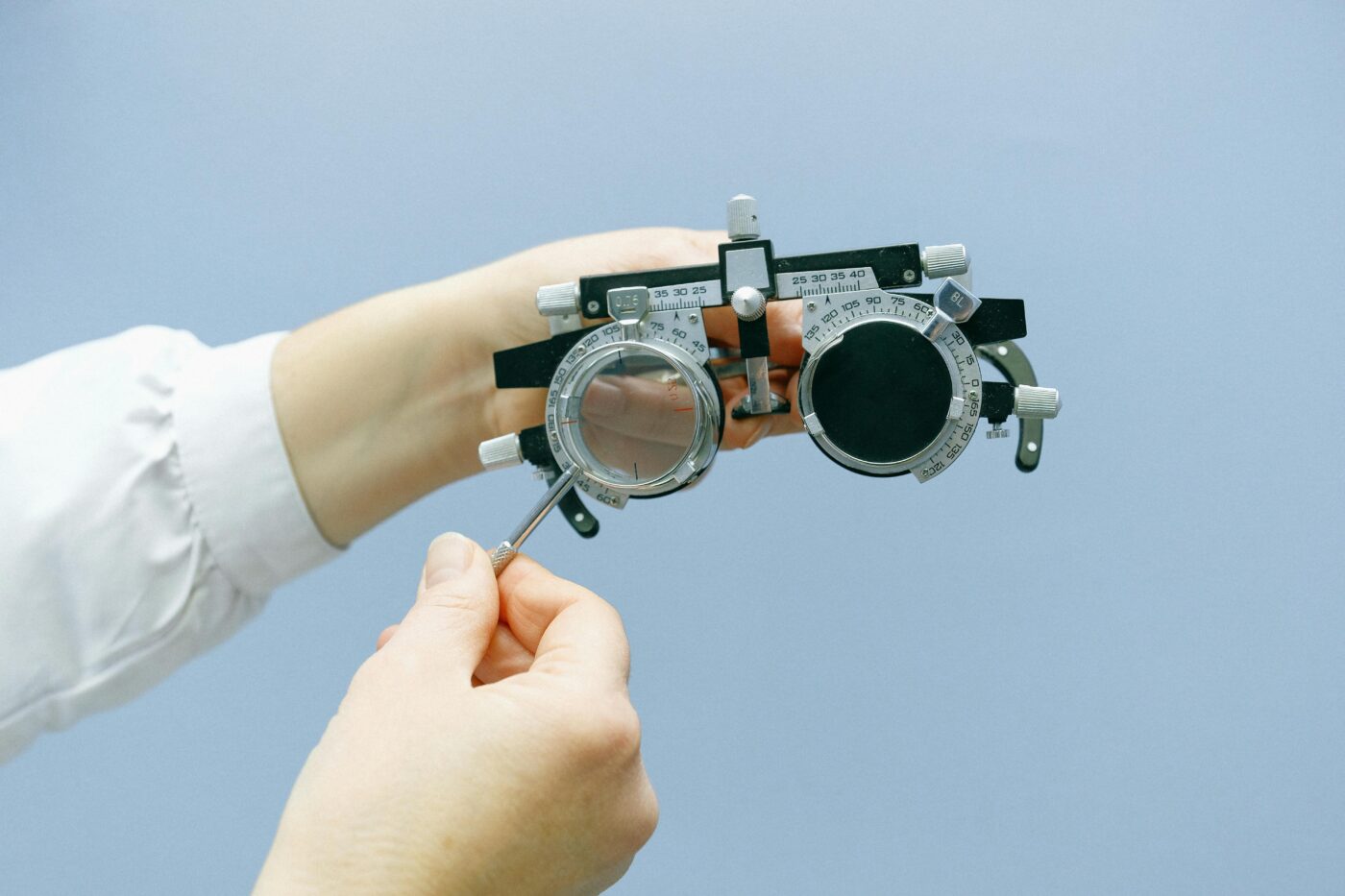Cardiology
Every heartbeat tells a story, and cardiologists listen carefully to diagnose, treat, and protect the rhythm of life.

Rajesh, a 35-year-old accountant, came in complaining of intermittent blurred vision in both eyes for three weeks. His symptoms were vague—no pain, no photophobia, no floaters. Fundoscopy showed bilateral optic disc swelling, but his visual acuity was nearly normal. MRI was normal; no space-occupying lesion.
Yet, something didn’t sit right. I probed further—he had a history of Crohn’s disease. Fluorescein angiography revealed signs of posterior uveitis. It was a rare neuro-ophthalmic manifestation of systemic autoimmune disease. A rheumatology consult confirmed this flare.



With systemic steroids, his vision returned fully within a month.
Ophthalmic symptoms can be the first sign of systemic disease. Always take a comprehensive medical history—eyes don’t work in isolation.